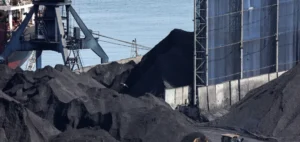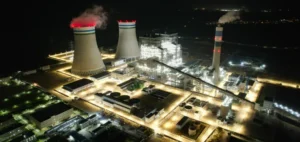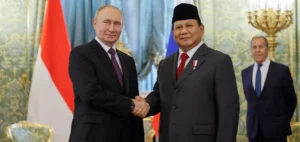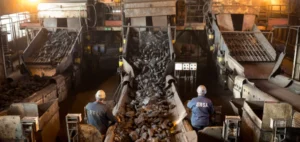Coal companies in Indonesia, one of the world’s biggest CO2 emitters, are being criticized for their neglect of methane emissions.
A recent study by British energy think tank Ember shows that only four of the sector’s ten largest operators include methane emissions in their emissions inventories.
This omission highlights a serious environmental problem not taken into account in coal mining in Indonesia.
Importance of Methane Emissions
Methane is responsible for around a third of global warming due to greenhouse gases, making it a priority for countries seeking to rapidly reduce their emissions and slow climate change.
Ember’s study points out that methane emissions from coal mines in Indonesia could exceed 8 million tonnes of CO2 equivalent, representing more than a third of the companies’ total potential emissions.
Environmental Impact and Sustainability Standards
Coal mine methane (CMM) must be extracted to improve mine safety and prevent its uncontrolled emission into the atmosphere, where it acts as a powerful greenhouse gas.
Major Indonesian coal companies, however, often neglect this crucial aspect.
Ember’s analysts urge these companies to take serious steps to measure and reduce methane emissions in order to meet national and international sustainability standards.
Indonesia, which relies heavily on coal for its energy production, has signed the Global Methane Pledge.
Jakarta affirmed its commitment to taking comprehensive national measures to achieve a global reduction in methane emissions by 2030.
However, the failure to integrate these emissions into corporate sustainability reports demonstrates a significant gap between commitments and actions.
Missed Opportunities and Recommendations
Failure to understand or account for methane emissions compromises operators’ overall sustainability reporting.
It also represents a missed opportunity to reduce emissions.
According to Ember analyst Dody Setiawan, measuring and reporting methane emissions will be crucial to coal mine decarbonization efforts.
Companies must not only comply with standards, but also actively contribute to the reduction of methane emissions for a positive environmental impact.
Ember’s study highlights a major challenge for coal operators in Indonesia: the need to address and reduce methane emissions.
With Indonesia committed to reducing its emissions under the Global Methane Commitment, it is essential that mining companies adopt sustainable practices to meet these commitments.
Integrating methane emissions management into their operations could not only improve their sustainability reporting, but also make a significant contribution to the fight against climate change.





















